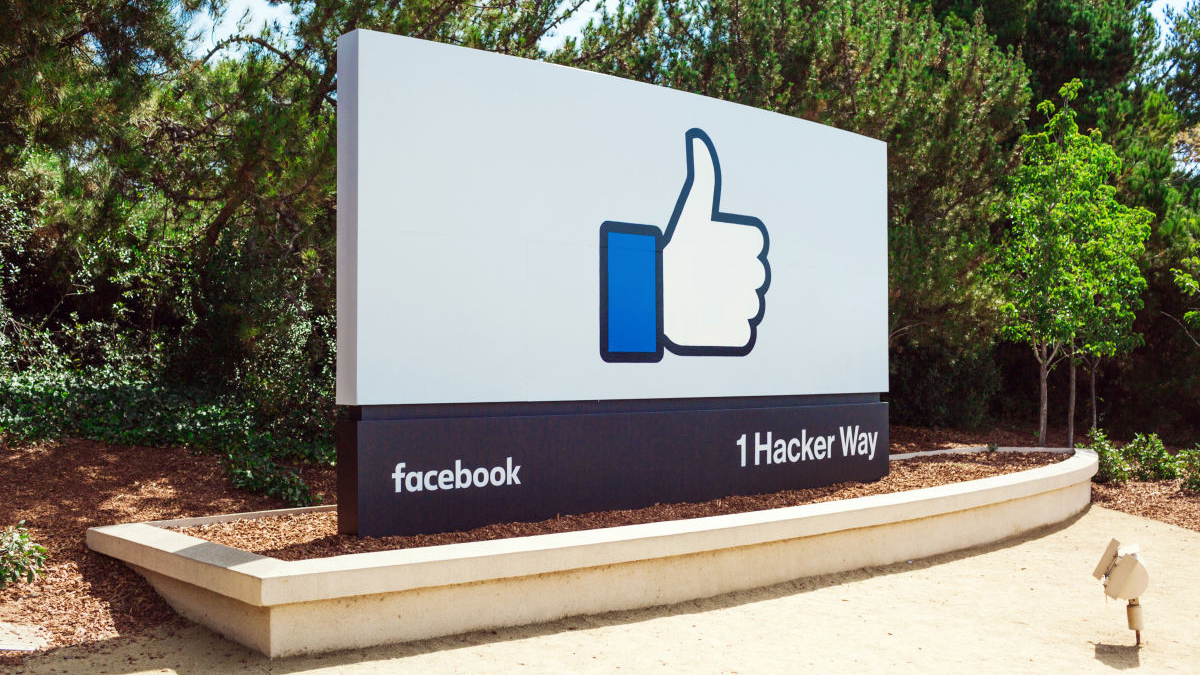States, FTC Sue Facebook, Charging Unlawful Monopoly
Seek relief up to and including divestitures and restructuring

The smarter way to stay on top of the multichannel video marketplace. Sign up below.
You are now subscribed
Your newsletter sign-up was successful
Most of the nation's state attorneys general, joined by the Federal Trade Commission, have filed a lawsuit charging that Facebook is an unlawful monopoly guilty of anticompetitive conduct.
The suit alleges the social media giant "thwarted competition and reduced consumer privacy for profit" over a decade.
The move comes only days after the Justice Department sued the company alleging worker discrimination.
Over that time, says the office of New York Attorney General Letitia James, the lead AG on the suit, "the social networking giant illegally acquired competitors in a predatory manner and cut services to smaller threats — depriving users from the benefits of competition and reducing privacy protections and services along the way — all in an effort to boost its bottom line through increased advertising revenue."
In total 48 states/commonwealths/territories/districts joined the suit, with Alabama, Georgia, South Carolina and South Dakota the only no-shows among the states.
The FTC alleges that Facebook's purchases of WhatsAp and Instagram were examples of buying an emerging threat rather that competing.
The smarter way to stay on top of the multichannel video marketplace. Sign up below.
The FTC vote to file the suit along with the states was 3-2, with commissioners Noah Joshua Phillips and Christine S. Wilson dissenting.
The suit says Facebook's strategy to "build a competitive moat" around its business, as CEO Mark Zuckerberg has said, was to buy potential rivals before they could get big enough to challenge it, and to "suffocate and squash third-party developers that Facebook invited to utilize its platform."
The Justice Department and the FTC have been investigating how Facebook and other Silicon Valley powerhouses grew so large, and whether antitrust laws were unable to capture that strategy of buying rivals while they were small enough that the purchase did not trigger automatic antitrust reviews.
To remedy that, James and the other AGs want the court to disallow Facebook from any acquisition valued at over $10 million without advance notice to them.
IT also wants the court block the company from any anticompetitive behavior and provide any additional relief up to and including divestiture or restructuring of companies it "illegally" acquired.
Facebook is specifically charged with violating Section 2 of the Sherman Act, which "makes it unlawful for any person to "monopolize, or attempt to monopolize, or combine or conspire with any other person or persons, to monopolize any part of the trade or commerce among the several States, or with foreign nations," as well as multiple violations of Section 7 of the Clayton Act, which "prohibits mergers and acquisitions where the effect "may be substantially to lessen competition, or to tend to create a monopoly."
In response to the announced suit, Big Tech basher Sen. Josh Hawley (R-Mo.) cheered on the possible break-up, tweeting: "The Instagram and WhatsApp mergers with Facebook were anticompetitive, were meant to be anticompetitive, and should be broken up."
The Computer & Communications Industry Association (CCIA), whose members include Facebook, Google and Amazon, was not happy with the prospect of an Instagram/WhatsApp divestiture.
“CCIA strongly supports antitrust enforcement when consumers are harmed," said CCIA President Matt Schruers. " However, the remedy needs to be tailored to the evidence, and not based on an artificially narrow definition of the market. Unwinding Facebook’s acquisitions of Instagram in 2012 and WhatsApp in 2014 is a drastic remedy that would not only harm consumers but also will have a chilling effect on innovation and the US innovation ecosystem.
“CCIA has supported merger reviews generally as a way for regulators to do analysis and make better future decisions. Refining policy through retrospective merger reviews can be useful for clarity and better outcomes. Using them to declare a ‘do-over’ for regulators when the mergers at issue were approved by the relevant authorities is inappropriate."
“We welcome the lawsuit by the FTC and the coalition of states against Facebook for its pattern of anti-competitive actions," said Justin Brookman, director of technology policy for Consumer Reports, himself a former FTC official. "For years Facebook has grown its dominance and power by acquiring emerging companies seen as a threat to its business and imposing unreasonable conditions on third-party developers. These actions have limited consumer choice, insulated the company from competitive pressures, and resulted in a worse online ecosystem. We hope that actions like this one will start to hold tech giants like Facebook accountable, limiting the amount of power they have on our communications and commerce online, and strengthen digital rights.”
Contributing editor John Eggerton has been an editor and/or writer on media regulation, legislation and policy for over four decades, including covering the FCC, FTC, Congress, the major media trade associations, and the federal courts. In addition to Multichannel News and Broadcasting + Cable, his work has appeared in Radio World, TV Technology, TV Fax, This Week in Consumer Electronics, Variety and the Encyclopedia Britannica.

